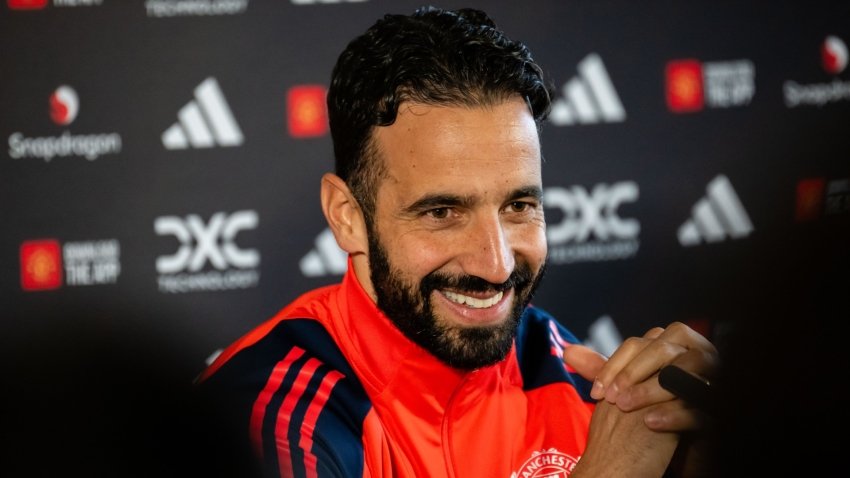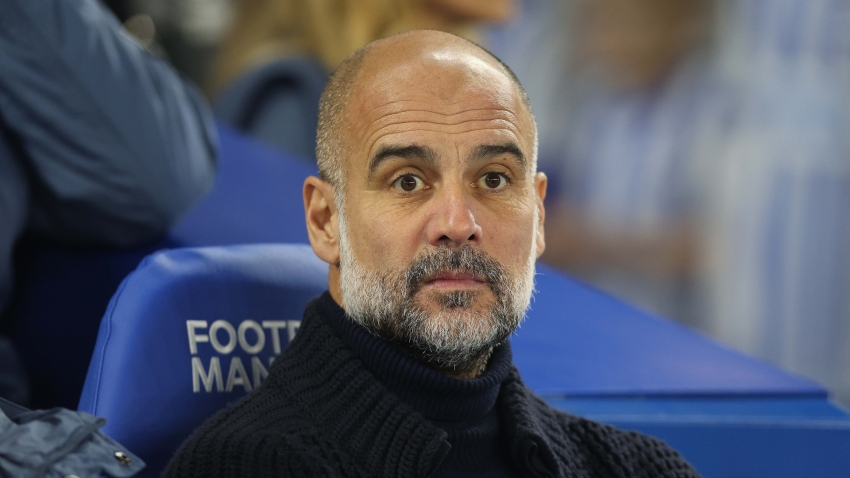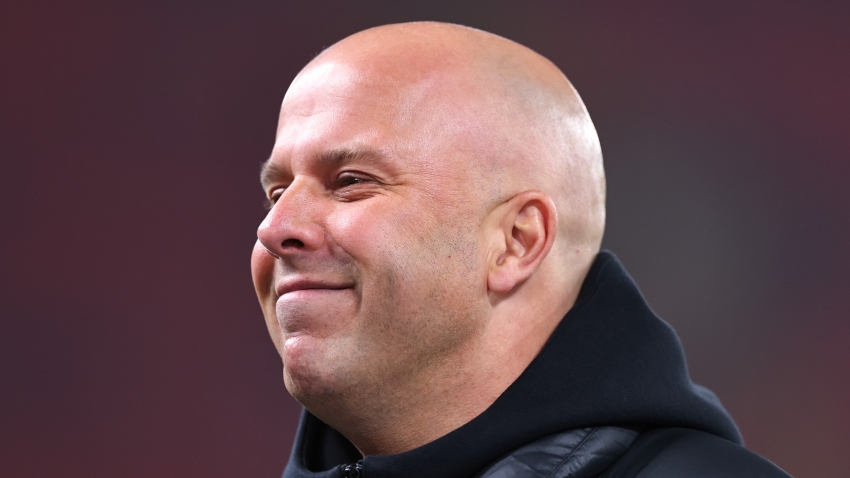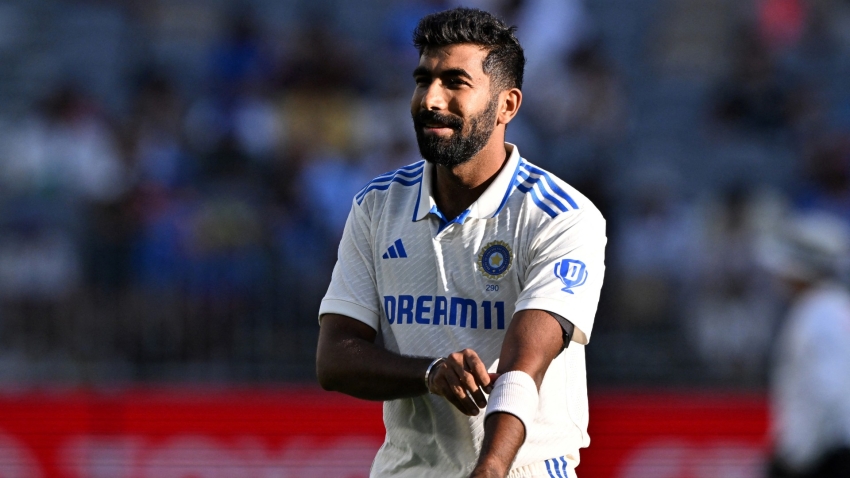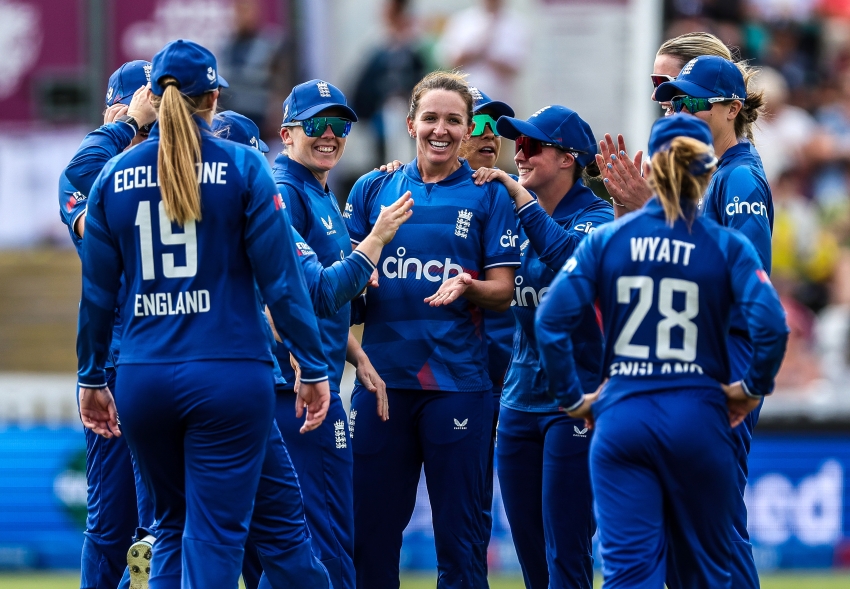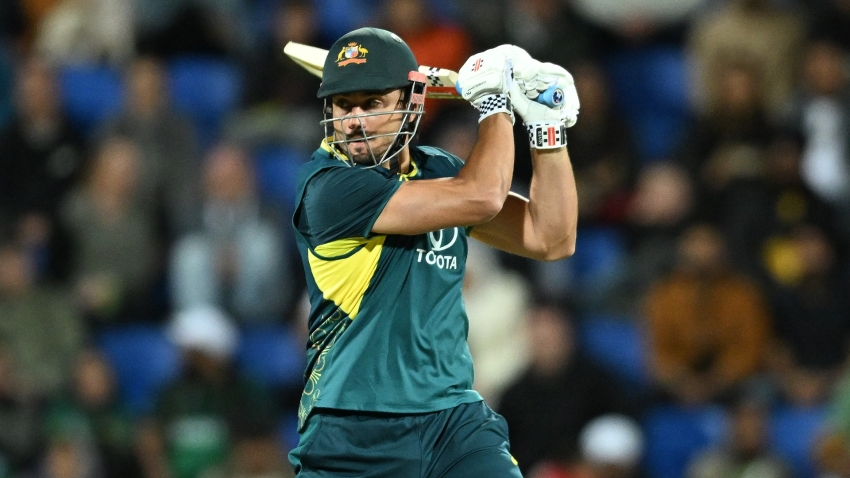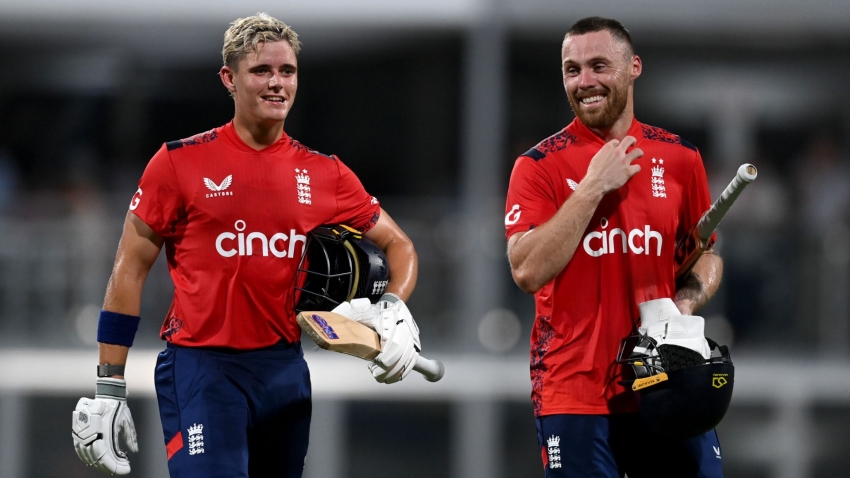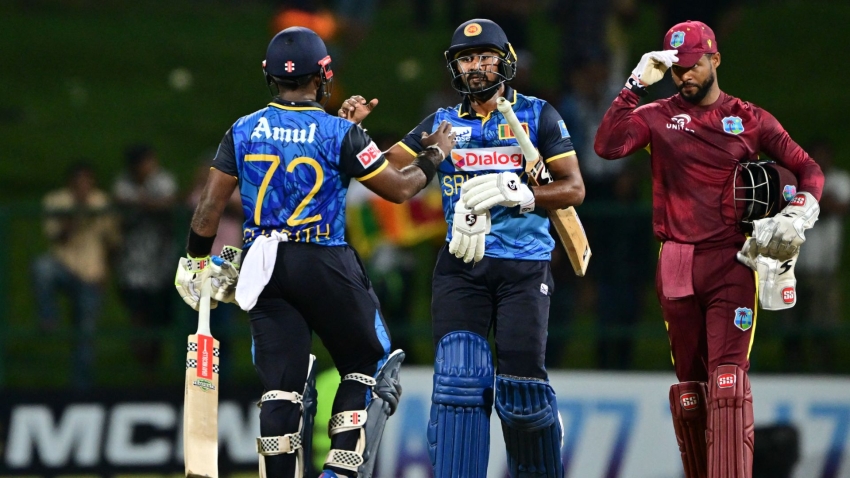The ICC’s decision to ban trans cricketers from international competition is “a blunt instrument” that provides insufficient flexibility in the matter of transgender participation, according to the chair of one of the UK’s only LGBTQ+ cricket clubs.
The world governing body announced on Tuesday that it will no longer allow transgender players to compete in international matches, after Canada’s Danielle McGahey became the first player to reach that level in September.
McGahey featured in six T20 internationals at an International Cricket Council World Cup qualifying series hosted in Los Angeles, scoring 118 runs.
But under the new rules she will no longer be eligible to represent her country in women’s cricket, with any player who has gone through male puberty prior to transitioning now excluded.
The England and Wales Cricket Board’s current regulations for domestic matches state participation of trans players is to be reviewed on a case-by-case basis, though the policy is yet to be tested in elite county cricket.
Yet there are fears over the message that the ICC’s ruling will sent to young players starting out in the game and those competing at amateur level.
Lachlan Smith, chair of Birmingham Unicorns CC, one of only three LGBTQ+ cricket clubs in the country, told the PA news agency: “It came completely out of the blue. Nobody saw it coming at all.
“Relative to my understanding of how sport is addressing the question of trans participation, cricket and the ICC seem to have gone much further than any other sport. They’ve brought in a policy that feels like a very blunt instrument, and it’s disappointing to see that.
“If you’re a young person who identifies as trans and you’re playing cricket, I think it will be very disheartening to see this.
“Even if you don’t believe you’re good enough to be international standard, it’s just a very negative message to be receiving at a time when we’re trying to get more LGBTQ people involved in the game.
“We’ve had a lot of success in doing that including within the trans community. So we’re disappointed.”
Cricket Australia said on Thursday that its policy on trans participation remains unchanged and that players who have transitioned are still eligible to compete at elite level domestically.
That also remains the ECB’s stance, though consultations have taken place over the last year with stakeholders from across the game which could lead to an updating of the governing body’s position.
Last year, Rugby Union and Rugby League both took the decision to ban trans players from competing in the female-only from of the game, whilst swimming and cycling have taken similar steps.
Smith said that members of his club have been consulted by the ECB and that they had been satisfied with the process so far, but call for more transparency from the ICC on how its decision has been reached.
“The ECB are currently undertaking review of their trans participation policies,” said Smith. “They’ve worked with us and other LGBTQ stakeholders in the game on a consultation process. The talks with our members were quite constructive.
“That (outcome) is still to be seen, but I’m hopeful that it will be nuanced and will consider as many variables as possible, unlike the ICC.
“Other sports have been a bit more nuanced in considering things like testosterone levels, but these all feels very blunt. It would be interesting to know what research has been drawn on, particularly when there are such a small number of trans cricketers out there. The ICC haven’t been very forthcoming yet on that.
“Cricket is a unique sport. You may have a first XI that has a 14-year-old and a 70-year-old. You have such a breadth of ages and skill levels and things like that. So there is already a policy to prevent terribly uneven competition.”









